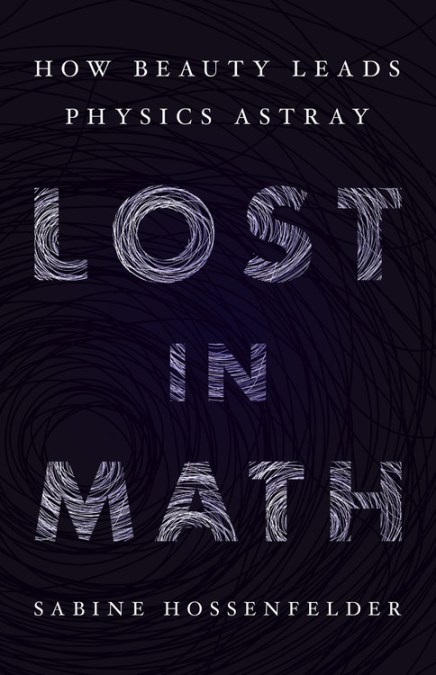 The physicist who answers is Sabine Hossenfelder, author of Lost in Math: How Beauty Leads Physics Astray (2018) and she responds, saying (among other things)
The physicist who answers is Sabine Hossenfelder, author of Lost in Math: How Beauty Leads Physics Astray (2018) and she responds, saying (among other things)

If you want every elementary particle to each have a universe inside, you need to explain why we only know 25 different elementary particles. Why aren’t there billions of them? An even bigger problem is that elementary particles are quantum objects: They get constantly created and destroyed and they can be in several places at once. How would structure formation ever work in such a universe? It is also a generally the case in quantum theories that the more variants there are of a particle, the more of them you produce. So why don’t we produce humongous amounts of elementary particles if they’re all different inside?
The problems that I listed do not of course rule out the idea. You can try to come up with explanations for all of this so that the model does what you want and is compatible with all observations. But what you then end up with is a complicated theory that has no evidence speaking for it, designed merely because someone likes the idea. It’s not necessarily wrong. I would even say it’s interesting to speculate about (as you can tell, I have done my share of speculation). But it’s not science. — Sabine Hossenfelder, “Dear Dr B: Is it possible that there is a universe in every particle?” at BackRe(Action)
See also: Sabine Hossenfelder: Free will is compatible with physics
and
Sabine Hossenfelder: Particle physics now belly up. As it happens, her book is a solid string of 1’s at Amazon